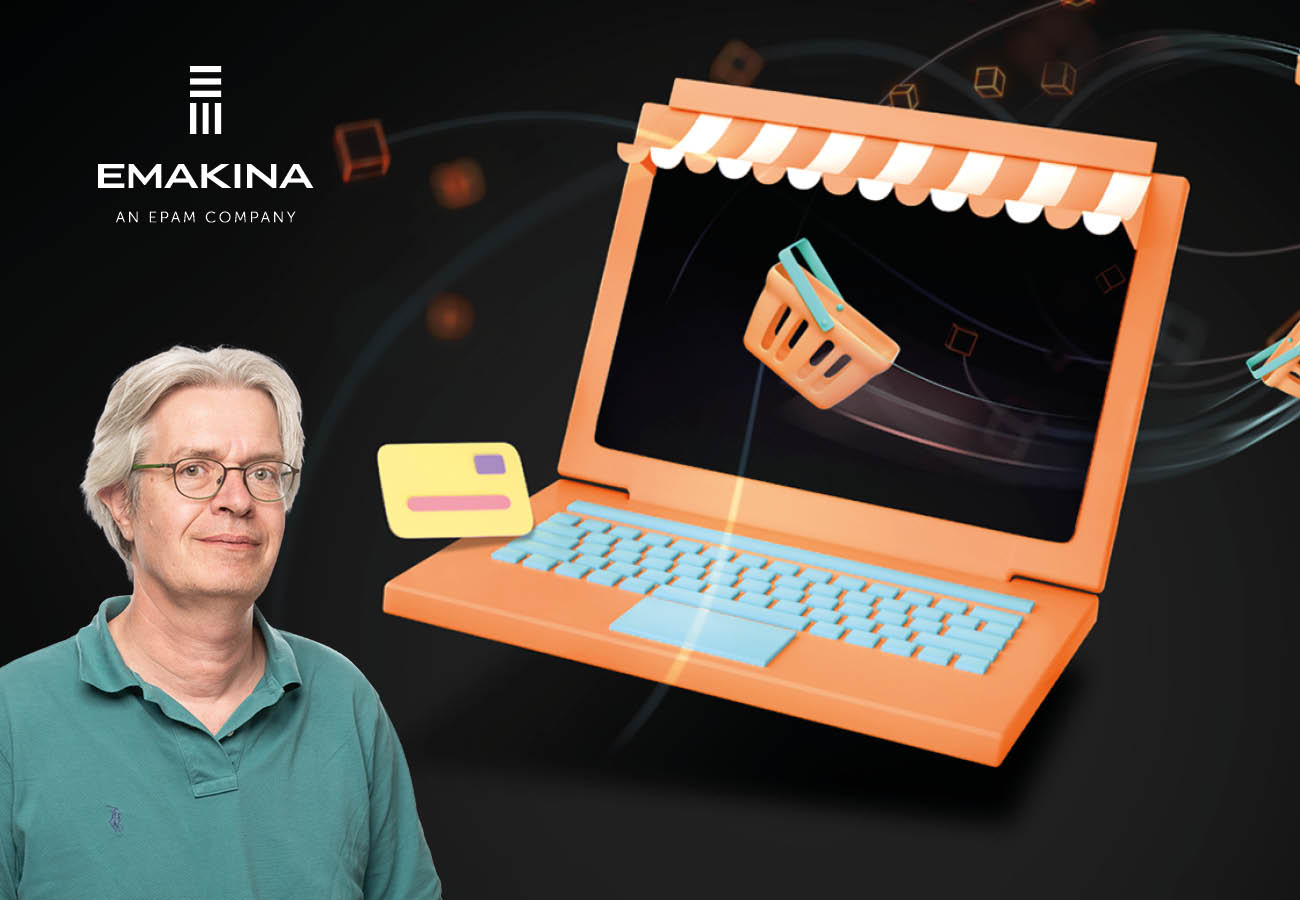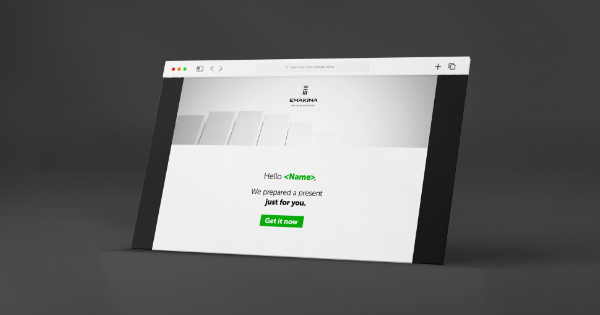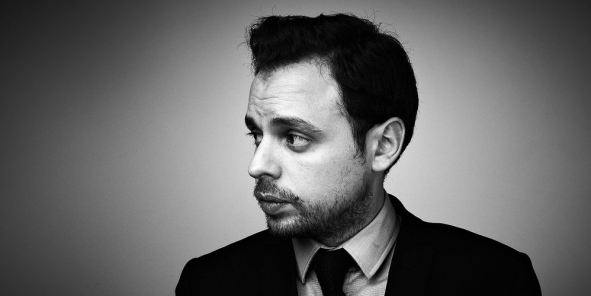When Zuckerberg invests, he knows what he’s paying for
Why is WhatsApp worth as much as SFR? The French telecommunications company is well known for the strength of its network investments. But today value is defined more by the user experience than by the product or service you’re buying.
– Manuel Diaz, President of Emakina.FR –
Some recent developments are indicative of how the digital world is transforming business models and how it creates a shift in the notion of value. Facebook buying WhatsApp for the neat sum of $ 19 billion is a striking example of this. So is this a good or bad deal? It all depends on your perspective.
Subjective value
Of course the sum for the purchase is substantial, but in terms of acquisitions things have different value than those given to them and the only limit is the amount of available funds.
In this case, the money issue (today) is not a major problem for Facebook. As for the value, well, that’s highly subjective and depends on the context. For example, the value of a can opener is not the same for a person living in a city as for a shipwrecked traveller alone on a deserted island in dire need of a tool to open up the cans that have washed up on the shore!
WhatsApp versus SFR: similar value, very different models
At the same time of Facebook’s move, Vivendi announced it is putting SFR on the market. No link as such with the WhatsAPP acquisition. However, one can question the fact that WhatsApp would be worth $19 billion and SFR about 15 billion euros.
Considerable value, defined relatively close to each other. But the result of two totally different development models. In the case of SFR, value is the result of a multi-year investment in important physical and industrial assets. WhatsApp’s value is based on the genius of an app that has become indispensable for millions of users …
So, some obvious questions arise. Who has the rights to the infrastructure required to use the app? Who owns the physical assets? Who has the (relatively captive) subscribing clients in portfolio providing recurring income streams?
The key thing is the experience the client gets from a service or product
In the digital age, value models change : the product or service as such do not matter that much, neither the required investment to create them, but all the more the experience a client can draw from it.
By buying WhatsApp, Facebook bought usage. And by announcing the arrival of voice-over for WhatsApp, it strengthens the user experience. A phenomenon already observed at the beginning of the iPhone. Of course, the device was revolutionary, but more so for the experience it offered than for its technological sophistication.
The end of a business model based on profits through infrastructure
Does this mean the end of operators as we know them? Surely not, but it most certainly is the end of the business model based on the profitability of infrastructure instead of on the value of user experiences. The infrastructure makes the system work, but the experience is at the origin of its use. The consequence is that the essential value of a business today comes from its intangible assets. And its customers are only retained by their experience.
Today , experience and infrastructure are the two facets of a product or a service. But from now on, it is the experience that we pay for.
Originally published in French on LaTribune.fr 13-03-2014
Weitere Beiträge im Blog
Zum Blog-
E-Commerce Trend #3 – Omnichannel. Worauf sollten Unternehmen 2023 achten? Unser Experte, Georg Kafka, im Interview.

-
E-Commerce Trend #2 – Social Media. Mehr als ein Trend? Unsere Digital Marketing Expertin, Verena Scheucher, im Interview.

-
Relationship marketing – noch im Trend?

-
E-Commerce Trend #1 – Künstliche Intelligenz. Was halten wir davon? Unser Experte im Interview.


